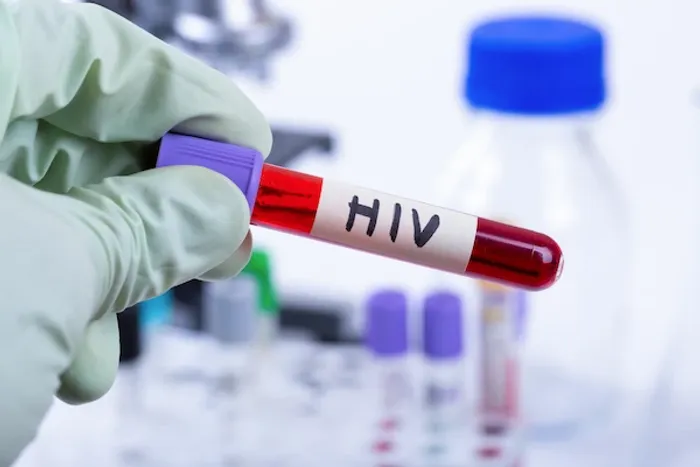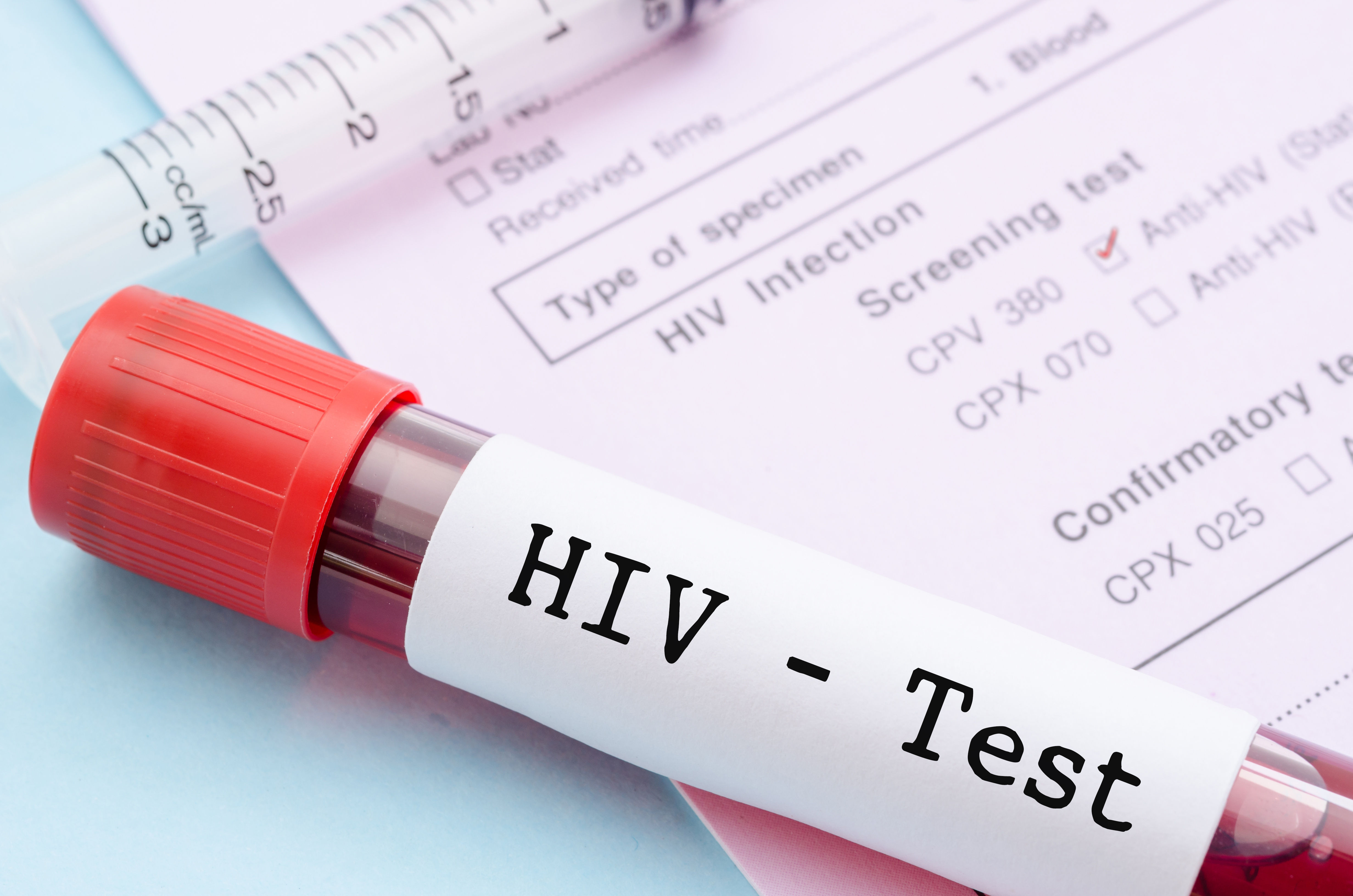ELISA Test for HIV: Overview and Process
Learn what the ELISA test for HIV is, how it works, when you should get tested, and what results mean. Understand accuracy, window periods, and next steps after testing.

Written by Dr. Mohammed Kamran
Reviewed by Dr. Dhankecha Mayank Dineshbhai MBBS
Last updated on 29th Aug, 2025

If you or someone you know has been advised to take an ELISA test for HIV, you might have questions about what it is, how it works, and what to expect. This article will guide you through everything you need to know in simple, easy-to-understand terms.
What is an ELISA Test for HIV?
The ELISA (Enzyme-Linked Immunosorbent Assay) test is a widely used blood test to detect HIV (Human Immunodeficiency Virus) infection. It checks for antibodies or antigens produced by your immune system in response to the virus.
Why is it Important?
- Early detection of HIV allows for timely treatment, improving quality of life.
- Helps prevent the spread of HIV to others.
- Confirms HIV status before starting antiretroviral therapy (ART).
How Does the ELISA Test Work?
The ELISA test works by detecting HIV antibodies or p24 antigens (a protein found in the virus) in your blood. Here’s a simple breakdown of the process:
1. Blood Sample Collection – A small blood sample is taken from your arm.
2. Lab Testing – The sample is sent to a lab where it is mixed with HIV proteins.
3. Antibody Detection – If HIV antibodies are present, they bind to these proteins, causing a color change in the test solution.
4. Result Interpretation – A positive result means HIV antibodies were detected, while a negative result means none were found.
Types of ELISA Tests for HIV
- First-Generation ELISA – Detects only HIV antibodies (less sensitive).
- Second & Third-Generation ELISA – More sensitive, detects both antibodies and antigens.
- Fourth-Generation ELISA – The most advanced, detects HIV antibodies and p24 antigens, reducing the
- window period (time between infection and detection).
When Should You Get Tested?
The window period (time between exposure and when the test can detect HIV) varies:
- Antibody Tests (3rd Gen): 3–12 weeks after exposure.
- Antigen/Antibody Tests (4th Gen): 2–6 weeks after exposure.
Who Should Get Tested?
- If you’ve had unprotected sex.
- If you’ve shared needles or syringes.
- If you’ve had a recent exposure to HIV.
- Pregnant women (to prevent mother-to-child transmission).
Understanding Your Test Results
- Negative Result: No HIV antibodies/antigens detected. However, if exposure was recent, retesting may be needed after the window period.
- Positive Result: Indicates HIV infection. A confirmatory test (Western Blot or PCR) is required for final diagnosis.
False Positives & False Negatives
- False Positive: Rare, but possible due to other infections or autoimmune conditions.
- False Negative: Can happen if tested too early (before antibodies develop).
What Happens After a Positive Result?
If your ELISA test is positive:
1. Confirmatory Test: A second test (like Western Blot or PCR) is done to confirm.
2. Consultation: A doctor will guide you on antiretroviral therapy (ART) to manage HIV.
3. Lifestyle Management: Healthy diet, regular exercise, and avoiding infections can help maintain immunity.
Get Your Health Assessed
How to Prepare for the Test?
- No fasting is required.
- Stay hydrated.
- Inform your doctor about any medications you’re taking.
Where Can You Get Tested?
You can book a quick, confidential HIV ELISA test through Apollo 24|7 from the comfort of your home or at a nearby lab. Early detection is key to managing HIV effectively.
Final Thoughts
Getting tested for HIV can be nerve-wracking, but knowing your status empowers you to take control of your health. The ELISA test is a reliable, widely used method for HIV detection. If you suspect exposure, don’t wait; get tested today.
Consult an Specialist for the best advice

Dr. Shaik Abdul Kalam
General Practitioner
3 Years • MD (Physician)
Visakhapatnam
Apollo 24|7 Clinic - Andhra Pradesh, Visakhapatnam
(125+ Patients)

Dr. Siri Nallapu
General Practitioner
5 Years • MBBS
Hyderabad
Apollo 24|7 Clinic, Hyderabad

Dr. Vasanthasree Nair
General Practitioner
15 Years • MBBS
Angamaly
Apollo 24|7 Clinic - Kerala, Angamaly
(475+ Patients)

Dr Divya Lekha Gunta
General Practitioner
10 Years • MBBS, MD (Pathology)
Visakhapatnam
Apollo 24|7 Clinic - Andhra Pradesh, Visakhapatnam

Dr. J T Hema Pratima
General Practitioner
9 Years • MBBS
Chennai
Apollo 24|7 Clinic - Tamilnadu, Chennai
(300+ Patients)


.webp)
